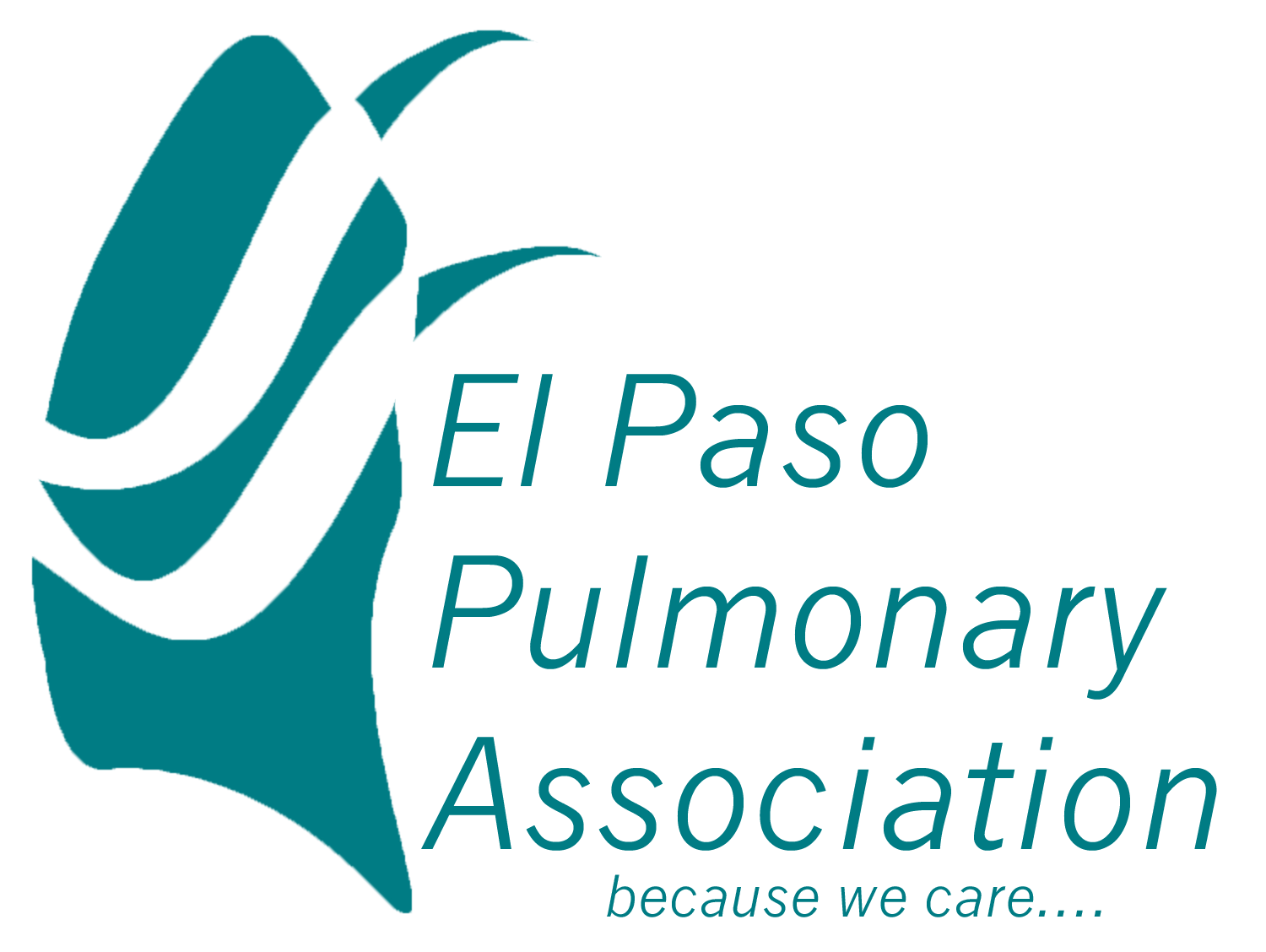
What is lung cancer screening?
Screening for lung cancer means detecting cancer cells or abnormalities in tissue before any symptoms are presented.
Know the facts.
Lung cancer is now the most common form of cancer in the world, with research suggesting about 228,000 Americans will be diagnosed with lung cancer this year alone.
Who should get screened?
As of February 2022, the Center for Medicare and Medicaid Services (CMS) extended the criteria to qualify for lung cancer screening. To qualify for screening a patient must meet all of the following criteria:
Age 50 – 80 years
Asymptomatic (no signs or symptoms of lung cancer)
Tobacco smoking history of at least 20 pack-years (one pack-year = smoking one pack per day for one year; 1 pack = 20 cigarettes)
Current smoker or one who has quit smoking within the last 15 years; and
Receive an order for lung cancer screening with low dose computed tomography (LDCT).
What are the benefits and risks of a screening?
The key reason why a high-risk patient should get screened is because a low-dose CT scan is currently the only way to detect the cancer while there is a chance for a cure. Lung cancer screening can increase a patient’s chance of survival by 90%.
Though lung cancer screening is a painless, noninvasive procedure, it comes with the same risk of exposure to radiology than any other similar exam.
Schedule a screening consultation with us to talk to an EPPA professional about your risk for lung cancer and your need for screening tests.
